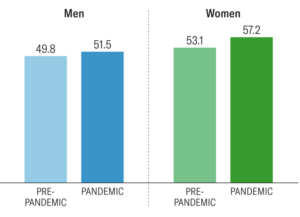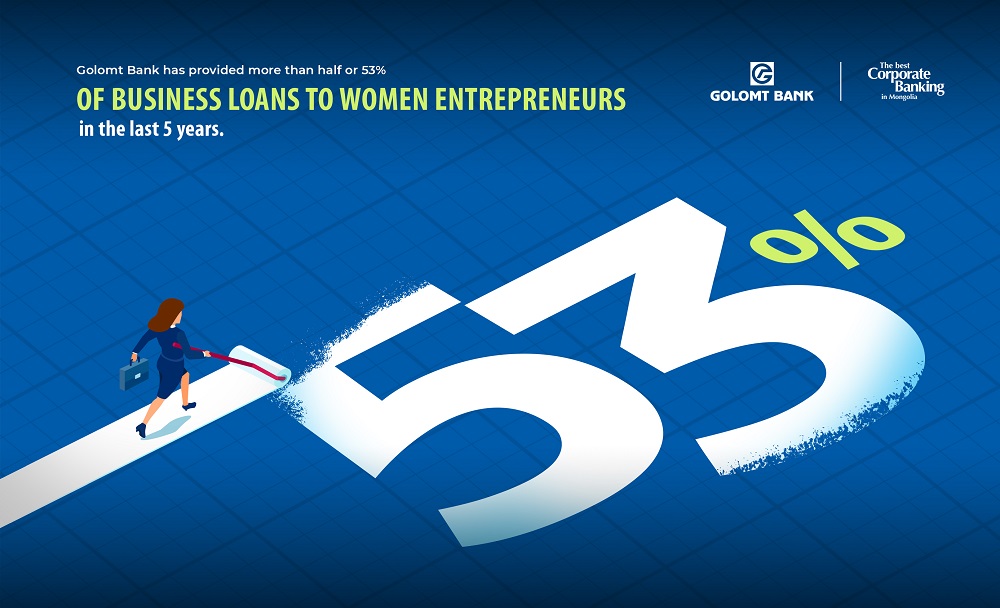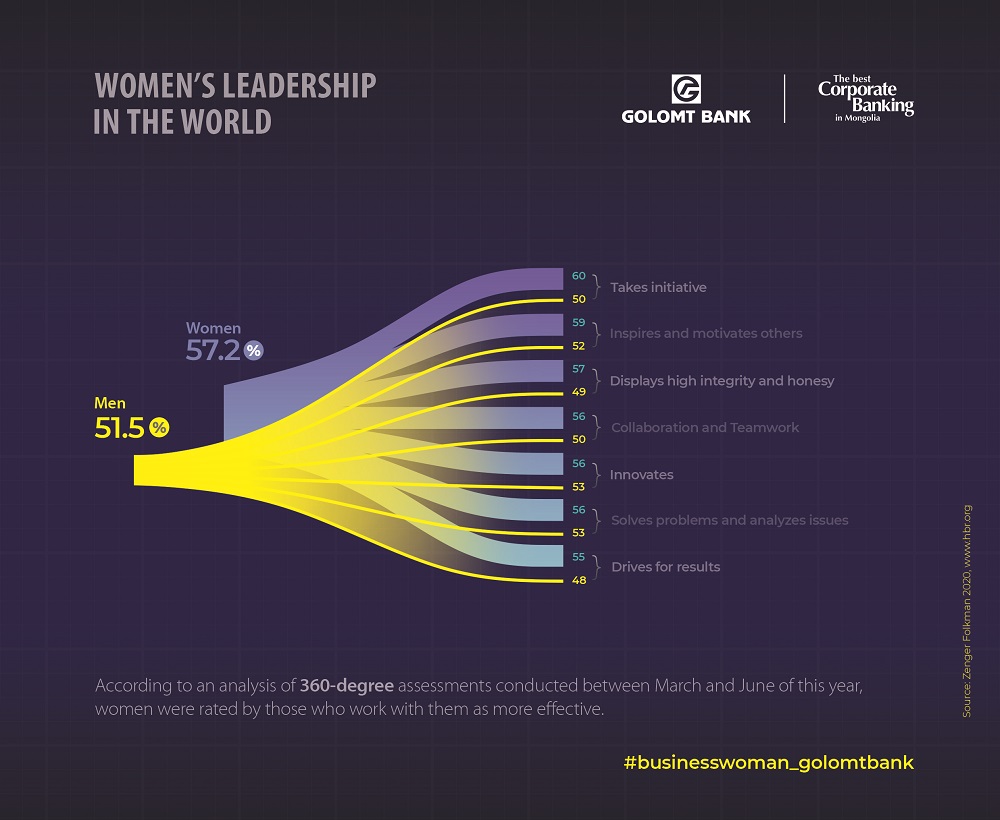Many important things are changing over a long period of time, such as health, finances, psychology, attitudes, and so on. What new news will there be tomorrow? We are going through a difficult time that we don’t know how to deal with. In particular, the financial situation of individuals and businesses is facing unexpected challenges and difficulties during the pandemic.
We are hearing a lot about the challenges and paths of wealth-creating entrepreneurs who are pushing the country’s development forward during the plague. In particular, I would like to emphasize women entrepreneurs. This is because there are many studies that show that it is more difficult for women entrepreneurs to start, raise funds, get support, and be successful in the long run than men.
However, a recent study by the Harvard Business Review found that women are more likely than men to be resilient and leaders in the face of adversity.
The data for our analysis was pulled from assessments of over 60,000 leaders (22,603 women and 40,187 men). We wanted to look at similar data gathered during the first phase of the Covid-19 crisis to see if these ratings had changed.
As mentioned in Harvard Business Review, between March and June of this year, 454 men and 366 women were assessed on their leadership effectiveness using our Extraordinary Leader 360-degree assessment. Consistent with our pre-pandemic analysis, we found that women were rated significantly more positively than men. Comparing the overall leadership effectiveness ratings of men versus women, once again women were rated as more effective leaders. The gap between men and women in the pandemic is even larger than previously measured, possibly indicating that women tend to perform better in a crisis.

The graphic shows points that male and female leaders who participated in the study before and during the pandemic. Before pandemic, men had 49.8 points while female leaders had 51.5 points. Also, during pandemic, men had 53.1 points while women’s leadership skills during the first wave of the epidemic scored 57.2 points.
Women were rated more positively on 13 of the 19 competencies in our assessment that comprise overall leadership effectiveness. Men were rated more positively on one competency — technical/professional expertise — but the difference was not statistically significant.
Percentile scores for men and women are displayed sorted by the average rating for women based on data gathered in the first wave of the pandemic.
Women outscored men on most leadership competencies
Why Are Women Leaders Seen as More Effective?
To better understand what was driving the difference in engagement levels, we looked at the competencies that direct reports ranked as most important during the crisis. Notably, respondents put greater importance on interpersonal skills, such as “inspires and motivates,” “communicates powerfully,” “collaboration/teamwork,” and “relationship building,” all of which women were rated higher on.
The study reveals that female leaders expressed more awareness of fears that followers might be feeling, concern for wellbeing, and confidence in their plans.
Analysis shows that these are traits that are more often being displayed by women. But as the crisis continues, and intensifies in many places, all leaders, regardless of gender, should strive to meet those needs.
Women entrepreneurs in Mongolia
According to a global study, companies with female board members are 5-20 percent more successful than non-female board members, and on average 10-15 percent more. However, L. Bolormaa, a member of the Board of Directors of Golomt Bank and the Chairwoman of the Council of Women Entrepreneurs at the Mongolian National Chamber of Commerce and Industry, that there are shortcomings in obtaining loans for women entrepreneurs and investments to increase their capital. More than 60 percent of SME enterprises and service providers in our country are women. However, it is still an important issue for women entrepreneurs to ensure that the business environment and opportunities for them to do so are adequate.
It is commendable that Golomt Bank has exchanged views with women entrepreneurs’ organizations, signed a memorandum of understanding to support them, and offered financial programs and certain loans only for women entrepreneurs. At Golomt Bank, 70 percent of all customers are women, while more than 50 percent of all borrowers are women. Therefore, the bank is focusing on supporting women entrepreneurs to improve their financial capacity and provide them with opportunities to actively engage in production and services.
For example,
- Golomt Bank has provided more than half or 53% of business loans to women entrepreneurs in the last 5 years.
- Over the last 5 years, the number of loans issued by Golomt Bank to women entrepreneurs has increased by 20% and the loan amount by 30%.
- Golomt Bank provides an average of MNT 1.1 trillion in loans to women entrepreneurs annually.

